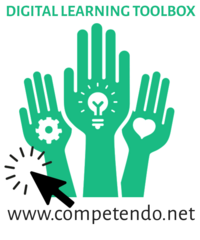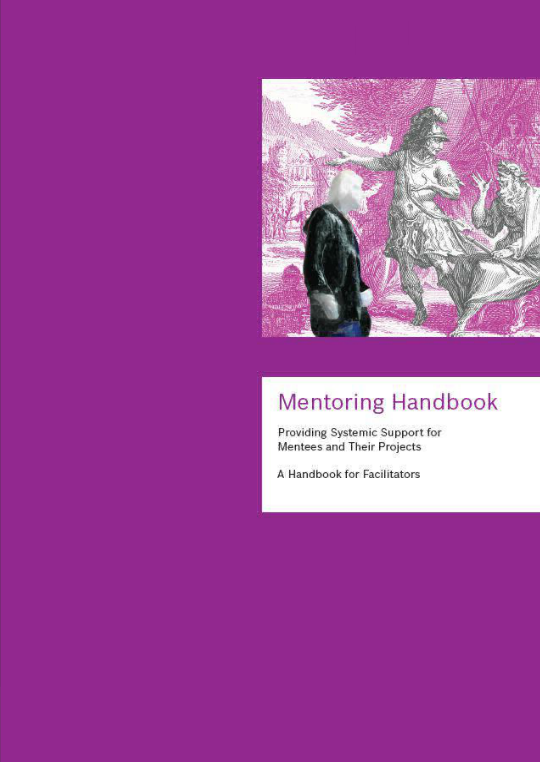Today there are numerous programmes that create more focused structures for mentor-mentee relationships, which can take place in companies, in institutions, universities, schools, or social work. They formalize the traditional informal mentoring relation in programs and use in this way mentoring as an approach of competency-based learning.
Mentoring: Definition
Mentoring represents an informal relationship between two people. An (often older) mentor supports a (less experienced) mentee by sharing his or her own personal experience and expertise, motivating and encouraging, advising and coaching.
Purposes of Mentoring Programs |
|
|
Building Personal Relationships |
Mentoring creates positive personal experiences and trust. It forges connections between mentors and mentees. |
|
Learning Life Skills |
The effect is most evident in the mentee, who gains knowledge and experience. |
|
Teaching |
Transfer of knowledge from the mentor to the mentee with an emphasis on results. |
|
Assisting in Transition |
Support of mentees in transforming personal interests and skills into forming new perspectives. |
|
Sharing Power |
Qualifying people for particular psoitions. Closer connections between various hierarchical levels. |
Close to Practice
By its nature mentoring is accompanying the everyday activities of mentees, helping mentees in learning and growing. Therefore, mentoring as a mixture of knowledge transfer and exchange of experiences, motivation and encouragement, an counceling and coaching.
In a successful mentorship mentee and mentor will typically have profits like
- Support in work and career
- A bigger personal network
- Gain of expertise and knowledge
- Closer relation to an institution, party or company, that provides a mentoring program
- Trustful and authentic feedback regarding their action and social competencies as leaders
- Shared values and idealism
A Personal Relation
The personal relationship carries the learning process more than in other learning approaches. This is what makes mentoring stand out. The need to design the mentoring process in a way that values and supports personal relation and own commitment to the mentoring relationship and at the same time strengthens the autonomy of the mentees is one of the most important foundations of good mentoring.
Mentoring in Youth Work Practice: Shadi Zatara
Source: European Training Foundation, project Teacher Booster
Articles, Checklists and Methods
Inspiring Handbooks and Resources
Nils-Eyk Zimmermann
Editor of Competendo. He writes and works on the topics: active citizenship, civil society, digital transformation, non-formal and lifelong learning, capacity building. Coordinator of European projects, in example DIGIT-AL Digital Transformation in Adult Learning for Active Citizenship, DARE network.
Blogs here: Blog: Civil Resilience.
Email: nils.zimmermann@dare-network.eu










